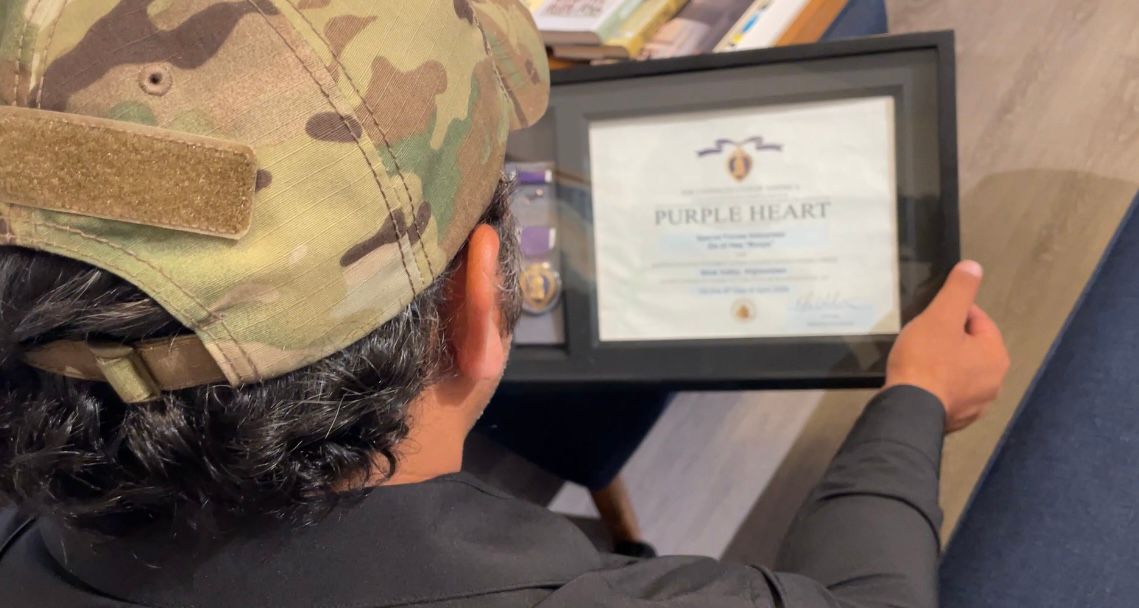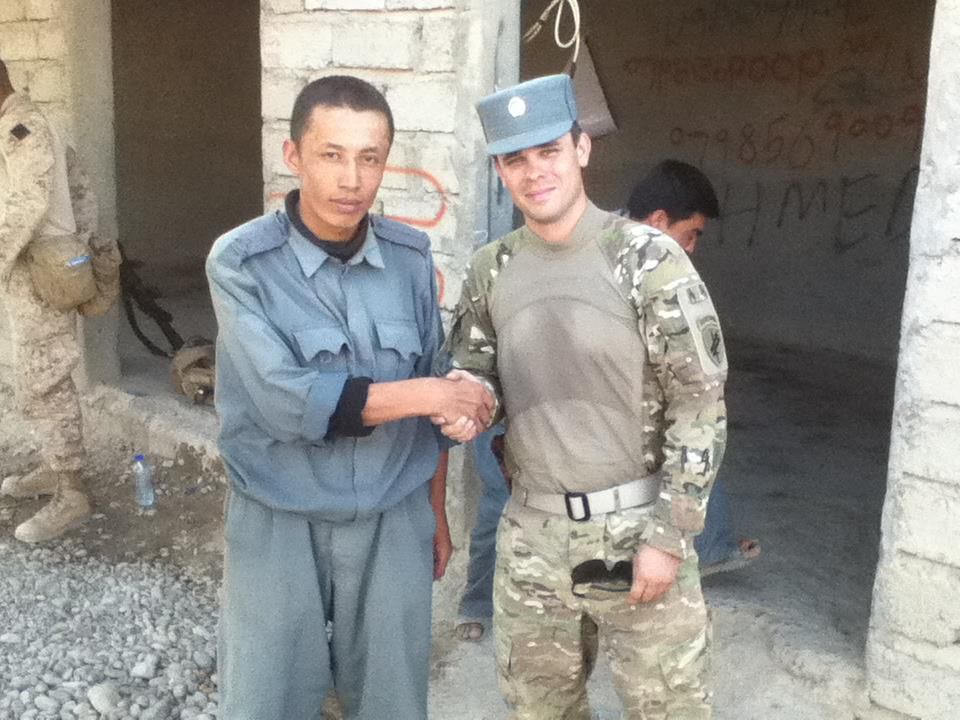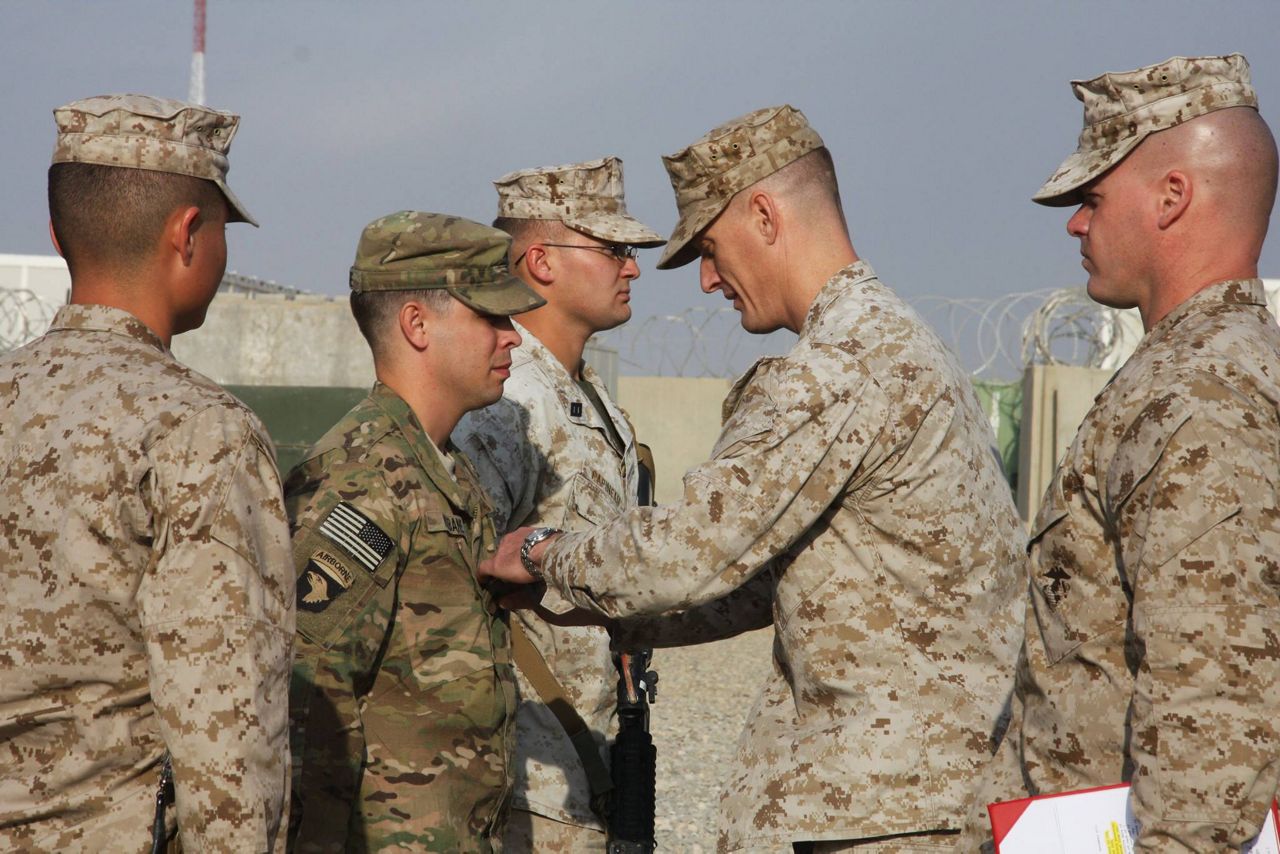CHARLOTTE, N.C. — The death of an al-Qaida leader has brought a sense of peace for some families, but not for some soldiers who fought on Afghanistan ground.
What You Need To Know
The U.S. killed al-Qaida leader Ayman al-Zawahiri during a recent drone strike, President Biden announced
Al-Qaida was responsible for the Sept. 11 attacks
His death is bringing little closure for some who fought in Afghanistan
Earlier this week, President Joe Biden announced the U.S. carried out a drone strike that killed Ayman al-Zawahiri.
It occurred in Kabul, the capital of Afghanistan.
This drone attack occurred 11 years after U.S. troops killed Osama bin Laden, the founder of the terrorist group al-Qaida. The organization is responsible for the Sept. 11 attacks that killed nearly 3,000 people.
Questions are being raised as to whether al-Zawahiri's death brings any closure to the men and women who fought in Afghanistan.
Some soldiers say the answer to that question is "no."
Zia Ghafoori worked with the U.S. Army Special Forces for 14 years. He served as an Afghanistan interpreter.
Ghafoori has received several accolades and awards for his service, including a Purple Heart.

"There are a lot [of] stories behind the Purple Heart," Ghafoori said. "Reminds us we lost our friends."
Ghafoori launched the nonprofit Interpreting Freedom Foundation to help allies and interpretors transition to a new life in America.
It was through his work that he met Sean Kilbane, someone he now calls a coworker and close friend.

Kilbane is a realtor for David Hoffman Realty and works for the foundation.
He's also a former U.S. Army special operations soldier.
Kilbane and Ghafoori both fought on the frontlines of the war in Afghanistan.
"We walked the same paths, through the same towns and villages, trying to find the same bad guys that were shooting the same bullets at both of us," Kilbane said. "If your interpretor, ally that's fighting next to you, that's your brother. You're trying to keep them alive, and they're trying to keep you alive."
In the wake of al-Zawahiri's death, both men say they're deeply concerned about the safety and well-being of allies in Afghanistan.
They say his killing doesn't mean the threat to U.S. soil is over, which makes it hard for them to find any closure from the al-Qaida leader's death.
Ghafoori says al-Zawahiri's death may bring more peace to families who lost loved ones during the Sept. 11 attacks, but not necessarily for the men and women who were on the frontlines of the war.

"Afghanistan people, allies and our men and women in uniform, no," Ghafoori said. "There's more [bin Ladens and al-Zawahiris] taking their place. They're worse than the people we see on the television, but people don't know their names. Afghanistans are struggling with this every single minute they're living in that country."
Kilbane says the withdrawal of U.S. forces from Afghanistan has left many allies in the country in a vulnerable place. He says the killing of al-Zawahiri hasn't changed it.
"It's great al-Zawahiri is gone, but they've replicated themselves," Kilbane said. "Within Afghanistan we have ISIS running freely in parts of the country.
Additionally, we also have al-Qaida living openly in the largest metropolitan area in the form of Kabul. It's so frustrating. It's naive of the American people to think if we take out a 71-year-old man, somehow we've ended terrorism. That worries me for my kids and younger generations of kids."



